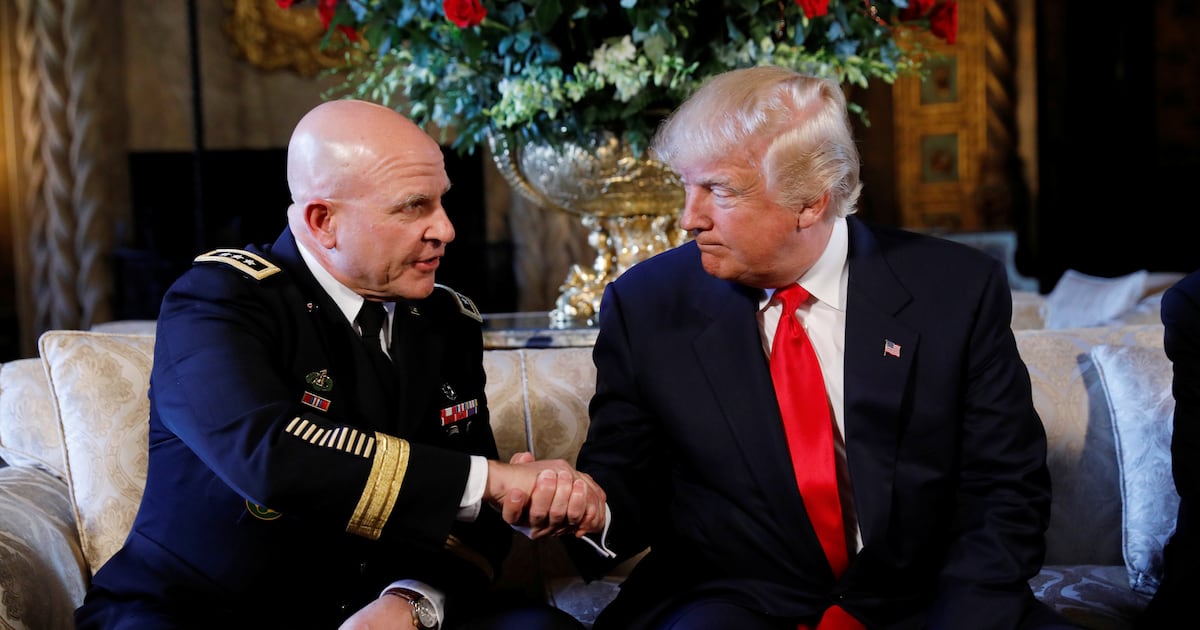
This week’s suicide bombings in the Moscow subway, echoed by other attacks in southern Russia, have the experts predicting a new rollback of Russian democracy. It’s easy to see why. More than once in the past decade, terrorism has helped those who wanted to centralize power, curtail pluralism, and restrict civil liberties. The pattern is so strong, in fact, it seems to leave little doubt about what comes next in Russian politics. If Putin exploited previous crises to strengthen himself—or (as he likes to boast) to “rebuild the state”—won’t he do so again?
Russians like hearing their leaders talk trash about terrorists, and Medvedev has to pass the toughness test.
Probably. Yet this crisis may play out a little differently, and the place to start in understanding how it could unfold is the peculiar role of Putin’s protégé – and Russia’s current president – Dmitri Medvedev. Everybody knows that Medvedev has made himself an active proponent of reform. He talks constantly about good causes like the rule of law, technological innovation, encouraging small business, fighting corruption, and so on. His causes are so good – and, in the Russian context, often so unrealistic—that many dismiss him as a high-minded but ineffectual idealist.
What many Americans are not aware of is that Medvedev has begun adding some practical accomplishments to his resume. The most significant of these is directly relevant to how he may respond to this week’s terrorism. In mid-February, Medvedev announced mass firings at the Interior Ministry—Russia’s enormous, unpopular, and corrupt police bureaucracy. He booted out two deputy ministers, and installed his own Kremlin aides in their stead; replaced ten regional police chiefs; and ordered that the central apparatus overseeing the police nationwide be cut by 50%. The downsizing will amount to 10,000 Interior ministry officials. As one Russian newspaper enthused, Medvedev wants “to prove that he is a doer and not just a talker.” And to do so, he “fired more police officers overnight than Putin had done in his eight years as president.”
The last thing Medvedev will do after the bombings, of course, is let himself look like a leader who badmouths Moscow’s finest when he should be going after the real killers. Russians like hearing their leaders talk trash about terrorists, and Medvedev has to pass the toughness test. He’ll certainly put a large bounty on the head of Doku Umarov, the Chechen jihadist who stepped forward Wednesday to take credit for the attacks. All the same, Medvedev’s hostility to the state bureaucracy – and in particular, his nascent crackdown on the police—give him a unique opportunity to define the problem that Russia faces in a way that points to new solutions.
Medvedev has cast himself as a politician with the nerve to say that the institutions responsible for maintaining order and security in Russia need a complete overhaul. He has already acted on his claim that the police prey on ordinary citizens. He has also—this too is not known to most Americans—launched a reform of the military that will soon retire hundred of thousands of officers from active duty.
Now he has an even bigger task ahead of him. He has to turn back a wave of terrorist attacks while refashioning the defective tools at his disposal—above all, the barely reformed successor to the KGB known as the Federal Security Service (whose Russian acronym is FSB).
Only one political leader in any post-Soviet state has ever attempted this kind of institutional upheaval, and the comparison is an ironic one for Medvedev. For that leader is Russia’s favorite whipping-boy, Mikheil Saakashvili of Georgia, who soon after becoming president in 2004 fired more than 80% of the country’s police officers, including almost all of its corrupt and unpopular traffic police. But however awkward the parallel may be, there are lessons in it for Medvedev. Saakashvili’s reform succeeded precisely because it was so radical. (He frequently says his only mistake was not to fire the entire force.) Medvedev has hinted that he thinks Russia has mishandled its terrorism problem, but is he ready for a root-and-branch approach to the FSB? And will Putin, who has probably approved his pal’s handling of the police and military, be ready too?
In times of crisis, Russian politicians typically hunt for someone else to blame. In 2004, when the terrorist standoff in Beslan ended in the deaths of hundreds of school children, then-president Putin actually blamed the U.S. for the tragedy. This week Nikolai Patrushev, former head of the FSB and now head of Russia’s Security Council, suggested that Saakashvili himself might have been behind the bombings.
Dmitri Medvedev clearly knows better. The institutions of the Russian state, 20 years after the Soviet system collapsed, remain large and powerful. They’re just not very effective. Medvedev understands the price Russia pays by not reforming them. We’re now going to see whether he can do anything about it.
Stephen Sestanovich, a senior fellow at the Council on Foreign Relations and professor of international diplomacy at Columbia University, was U.S. ambassador-at-large for the former Soviet Union, 1997-2001.





